Popular belief in Rome and cats at the historic site
ప్రచురించబడింది: 13.05.2024
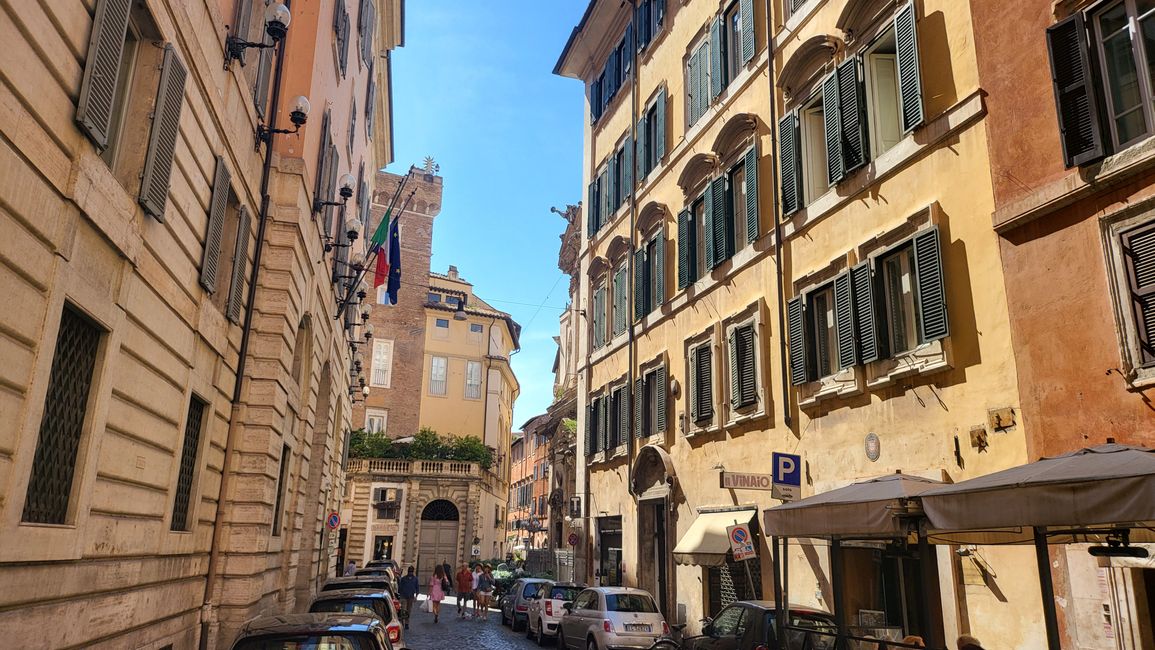
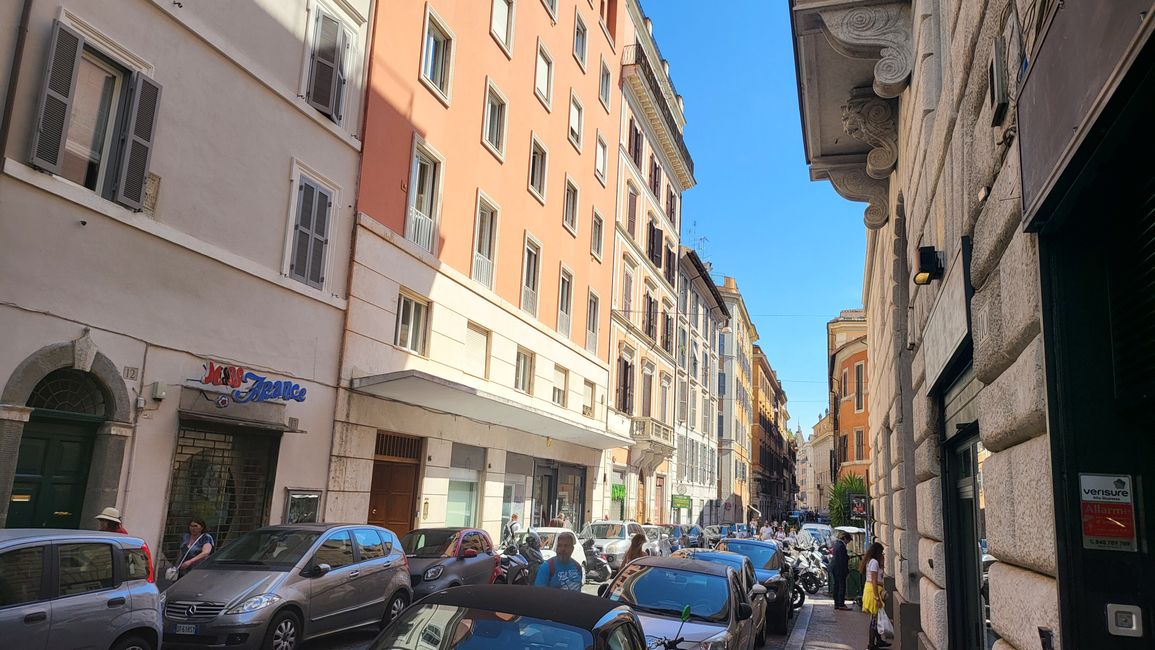
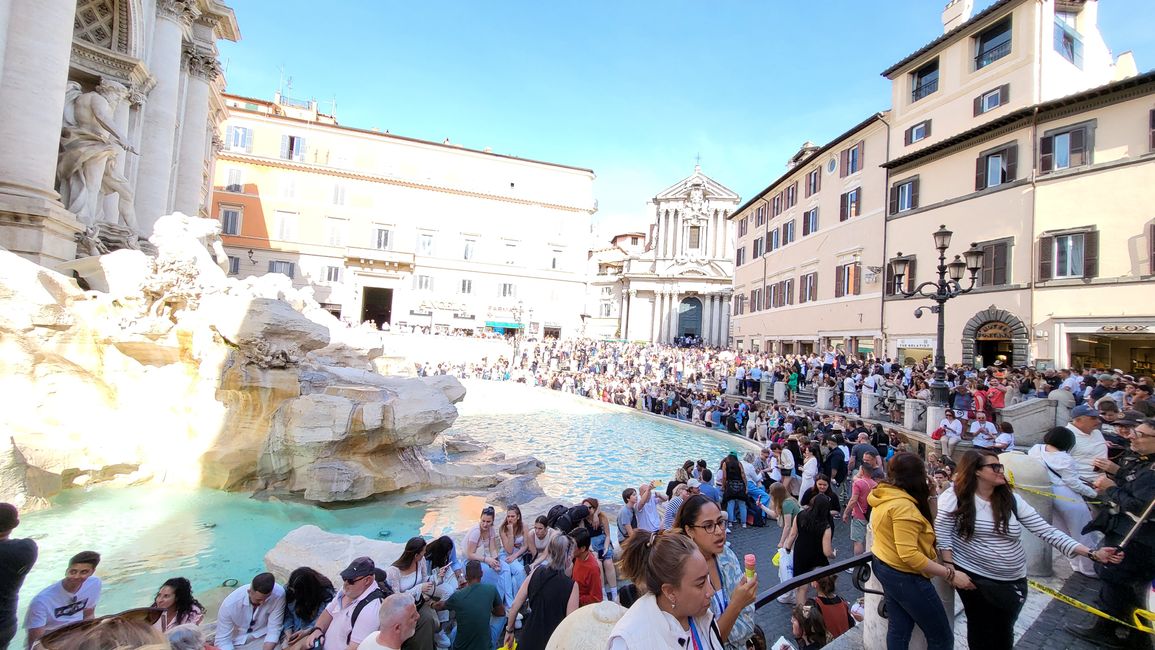
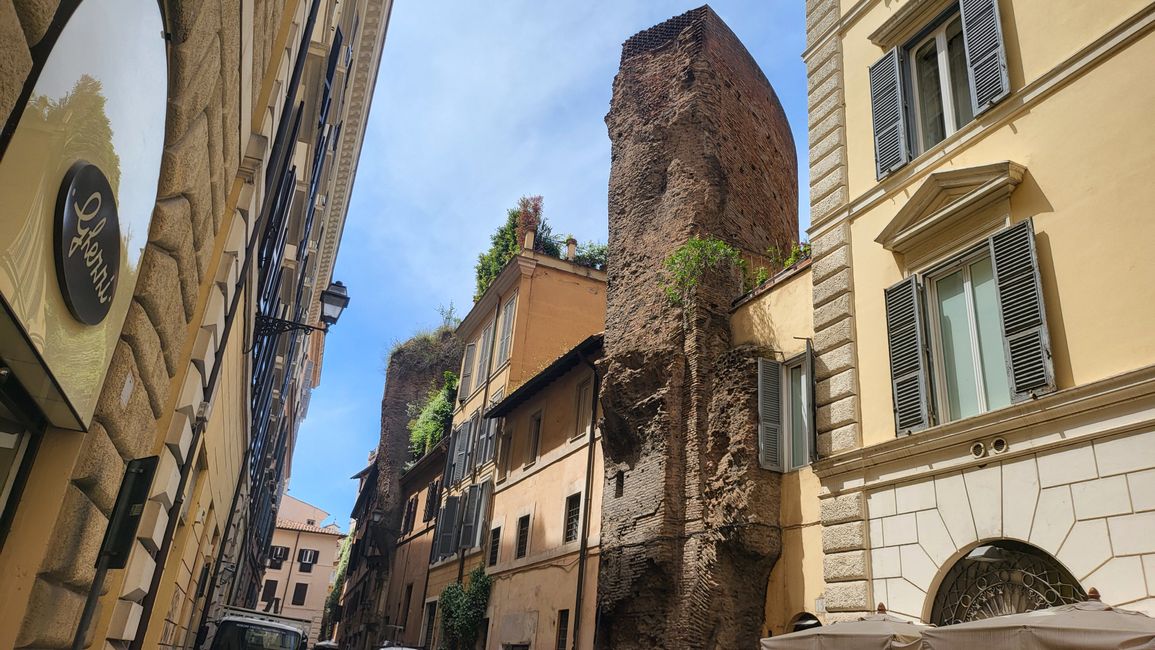
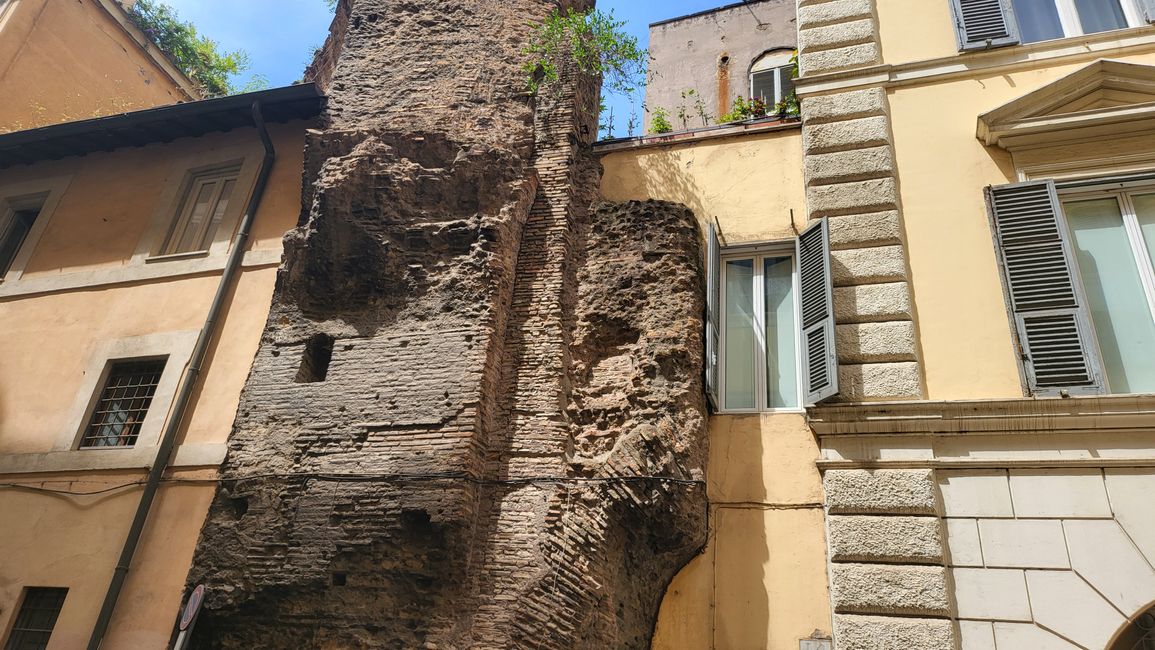
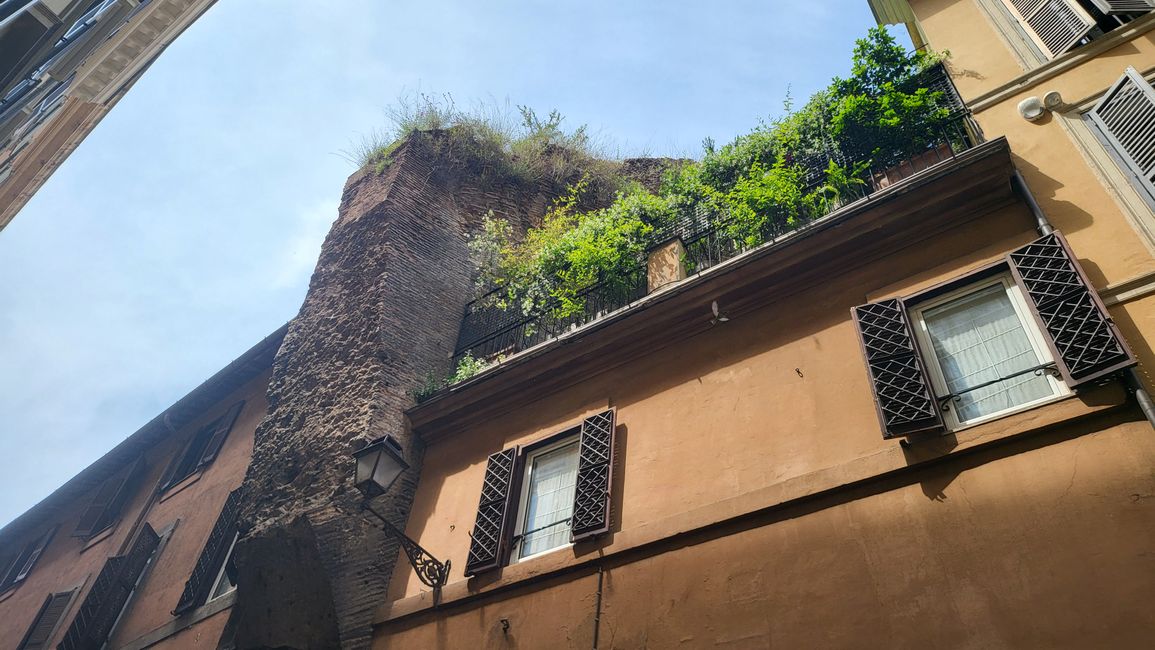
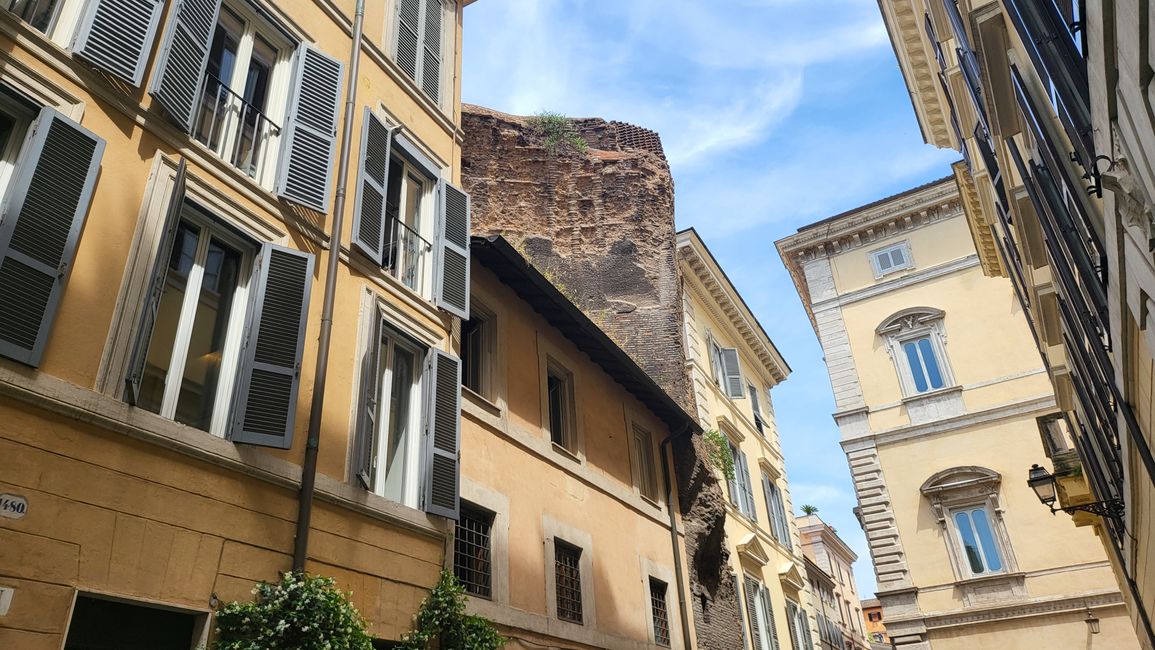
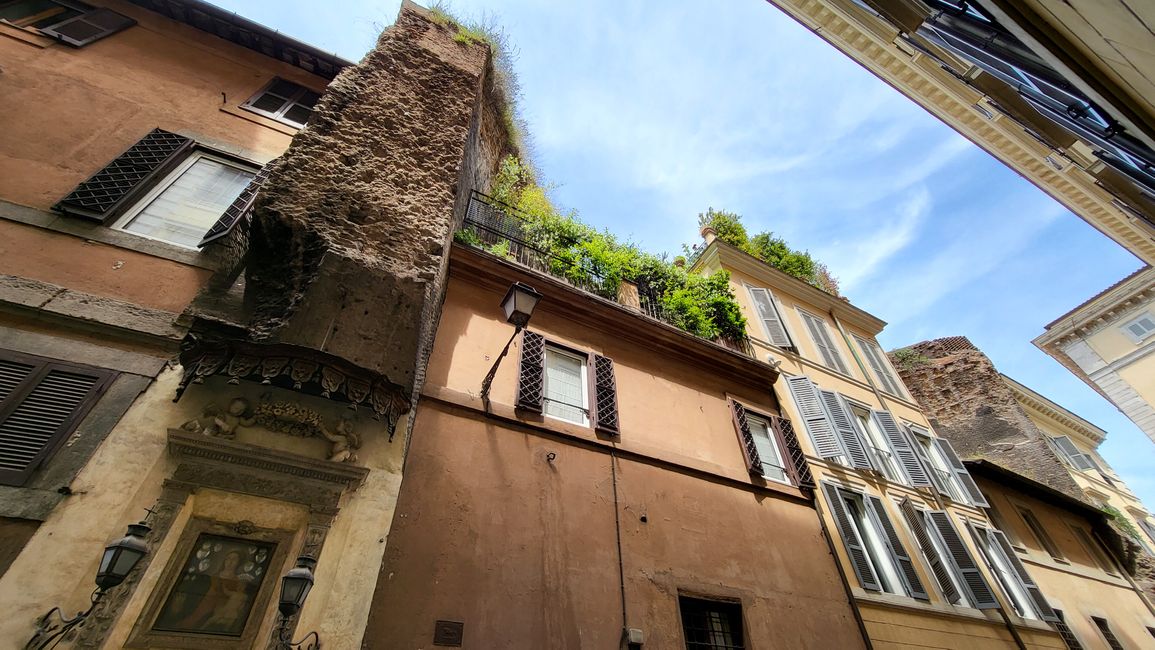
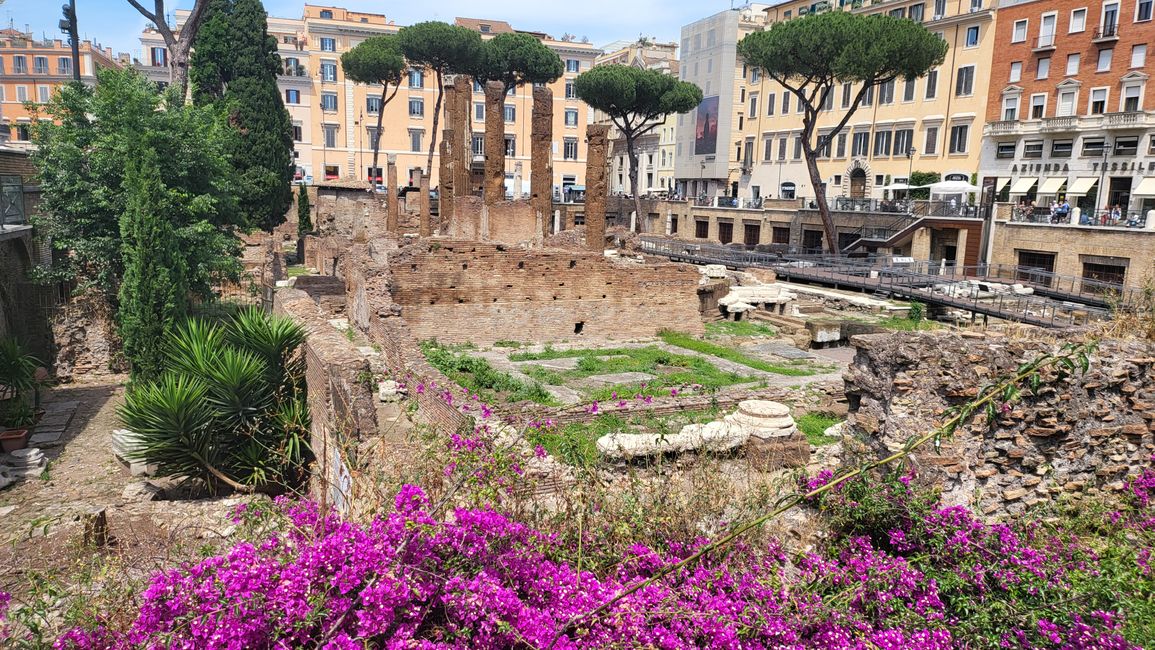
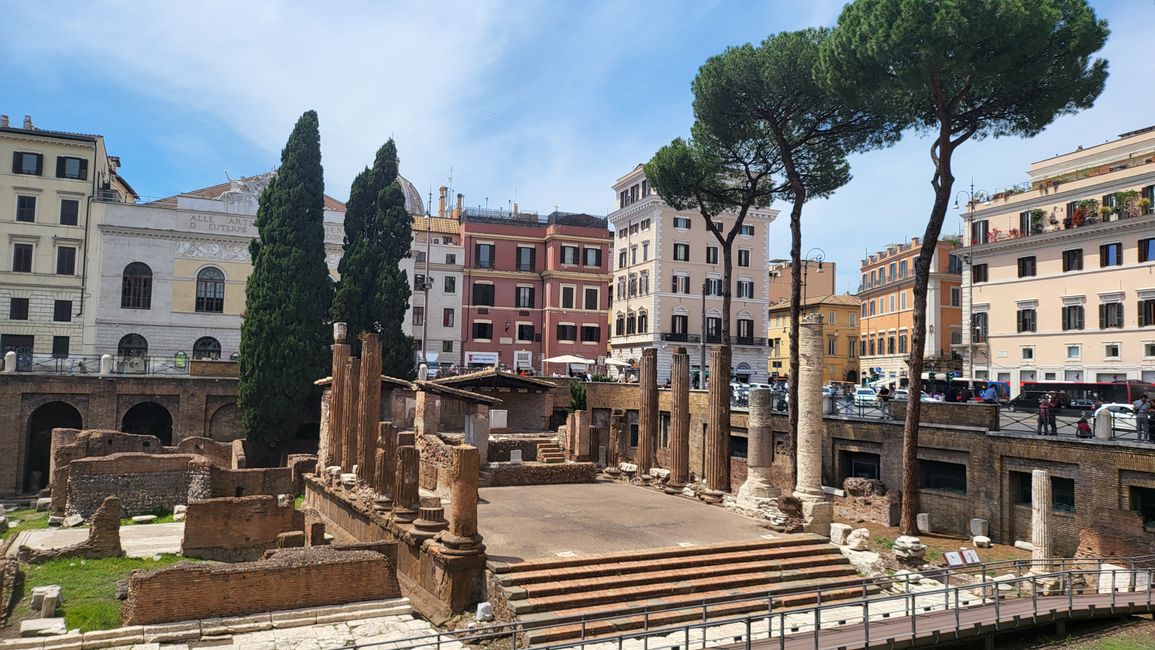
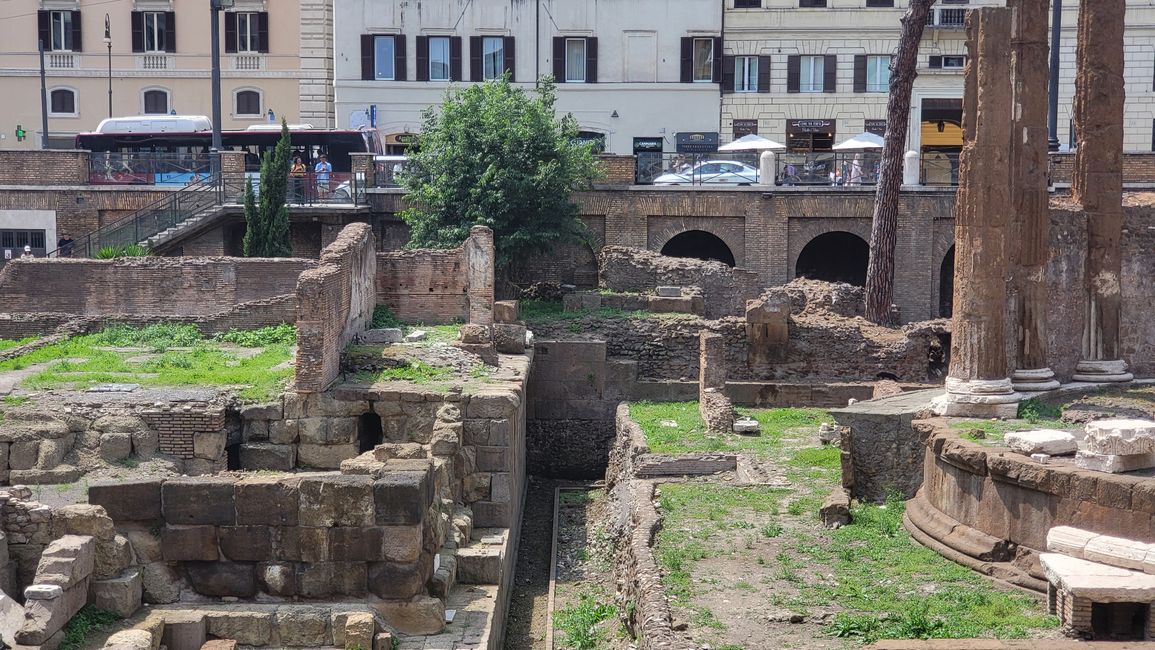
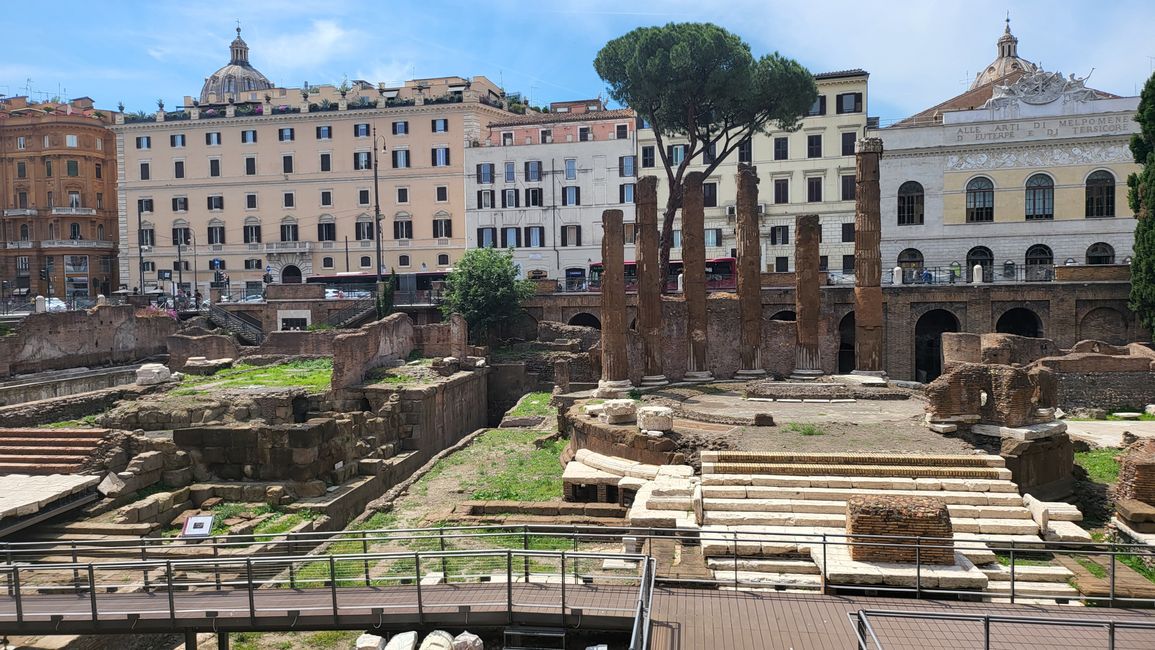
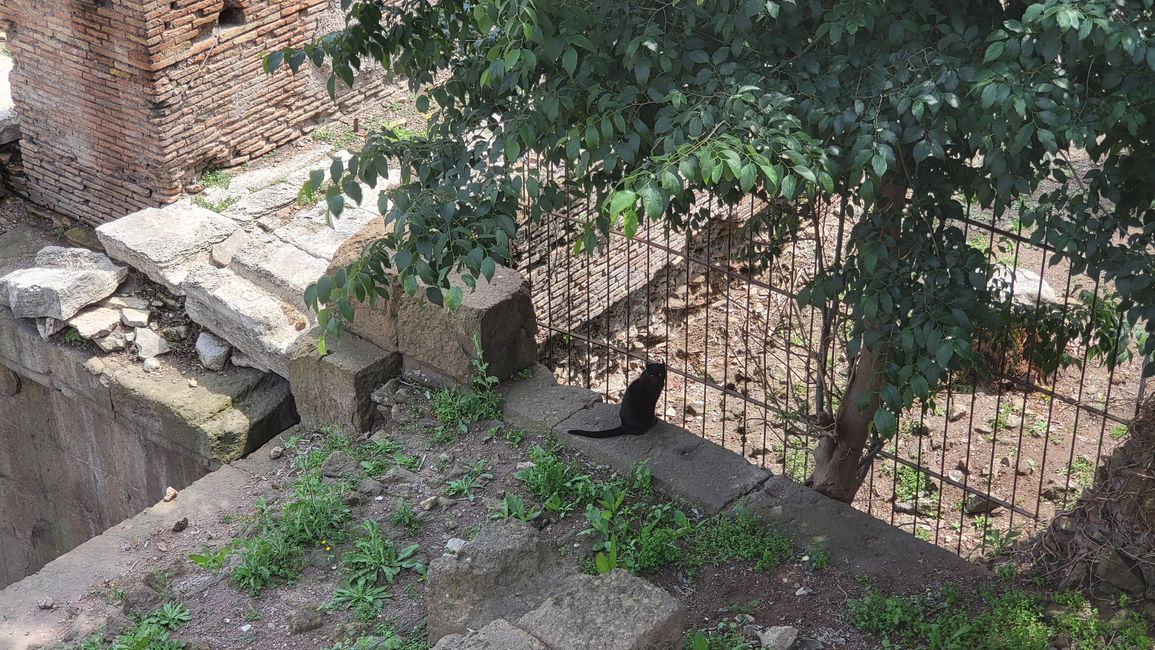
According to my smartwatch, I walked 19 km through Rome today, so I'll probably need a few blog posts to turn all of my impressions into descriptions. I'm not going to go about it chronologically, but start with small stops in the city center, which with its sandy colors and narrow streets and numerous restaurants could make a pleasant impression if it weren't for the huge crowds. Sure, we're part of this crowd of tourists, but in some places and narrow streets the crowds are almost unbearable. And the high season hasn't even started yet. The Trevi Fountain reaches its peak in terms of crowds. We didn't have this destination on our agenda, but just passed by the place on the way to the metro station. I took a photo of the crowds from the edge and then we quickly made our escape, although the architecture of the famous baroque fountain is a matter of taste, and it certainly doesn't suit my aesthetic taste. Most people probably come here to throw coins into the fountain, which, according to popular belief, is supposed to bring good luck, love or marriage. This belief means that the city fishes well over a million euros out of the fountain every year. Far less attention - and also less archaeological research - is paid to the site of the murder of Gaius Julius Caesar in the Curia di Pompeo on the Via di Torre Argentina. The place is traditionally inhabited by cats, which has made the archaeological site a cult. The stray cats are well looked after, fed and sterilized, which has made the ruins a pleasant home for these animals. A larger commemoration of the impressive ruler would actually be appropriate, because at the end of the Roman Republic Caesar broke up the ossified senatorial-aristocratic system in favor of the ordinary Roman population. He introduced extensive reforms in Roman society and government. Roman citizenship was granted to all inhabitants of the empire. He protected marriage and the institution of the family with new laws. And under Caesar's leadership, the national debt was significantly reduced. His reforms made him popular among the common citizens of Rome, which explains the unrest that broke out after his assassination by the noble conspirators who did not want to give up their privileges. The assassination is often justified as a way of saving the Republic and against Caesar's authoritarian style, which today is probably fashionable to embellish with democratic ideology. In purely sober terms, however, it was about power and privilege. Not far from this place you can see a curious architectural peculiarity. Remains of the walls of the Terme di Agrippa have been incorporated into the residential buildings. Marcus Vipsanius Agrippa was a close political and personal companion of Emperor Augustus and one of the most capable personalities during the reign of the first emperor. I will come back to him later.
సమాధానం

ఇటలీ ప్రయాణ నివేదికలు

